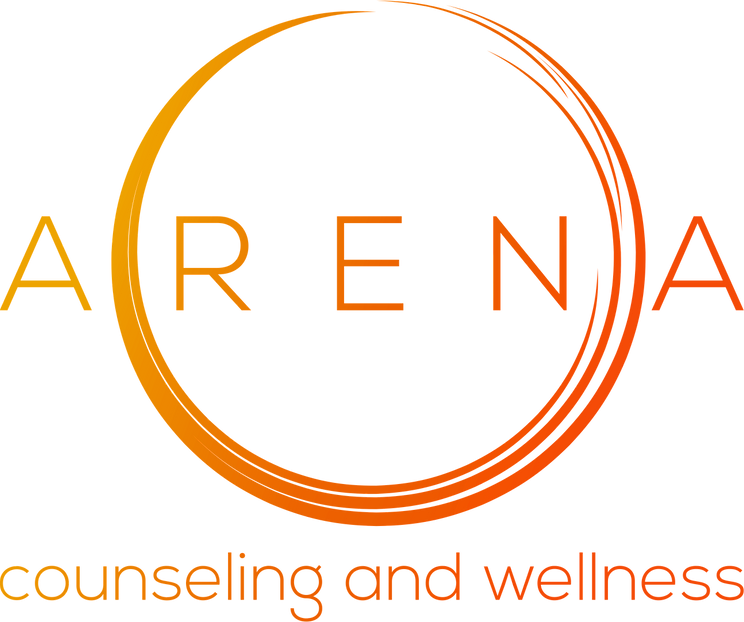IFS Therapy in Gainesville, FL
What is it?
Internal Family Systems (IFS) is a transformative tool that conceives every human being as a system of protective and wounded inner parts led by a core self.
Learn More
Frequently Asked Questions
-
What can IFS Therapy help with?
Though it is non-pathologizing, it may treat several mental health issues:
- Anxiety.
- Obsessive-compulsive disorder (OCD).
- Major depressive disorder.
- Bipolar disorder.
- Eating disorders.
- Substance use disorders.
-
Is IFS Therapy effective?
In 2015, IFS therapy was added to the Substance Abuse and Mental Health Services Administration’s National Registry for Evidence-Based Programs and Practices for its proven effectiveness in the RA study. It was also rated promising for the following:
- Physical health conditions and symptoms.
- Improving phobias, generalized anxiety, and panic.
- Personal resilience and self-concept.
-
Is IFS therapy going to focus on my family?
Your family is not the primary focus of IFS therapy. This will allow you to effectively lead all your inner parts, such as thoughts, feelings, and beliefs, which are responsible for behavior.
You will have a new level of understanding of how your real external family works and how to navigate conflicts between family members because of your work in IFS therapy.
-
What are the 5 F’s of IFS Therapy?
- Find the part in, on, or around the body.
- Focus on it. Turn your attention inside.
- Flesh it out.
- How do you feel about it?
- BeFRIEND the part by finding out more about it.
- What does this part fear? What does it want from me?
It is frequently used as an evidence-based psychotherapy, helping people heal by accessing and healing their inner parts.
The founder of IFS therapy, Dr. Richard Schwartz, thought of the mind as an inner family and began applying techniques to individuals that he usually used with families.
The concept of this theory is that we all have several parts living with us that fulfill both healthy and unhealthy roles. However, these internal roles are not static and can change with time and work.
How it works





